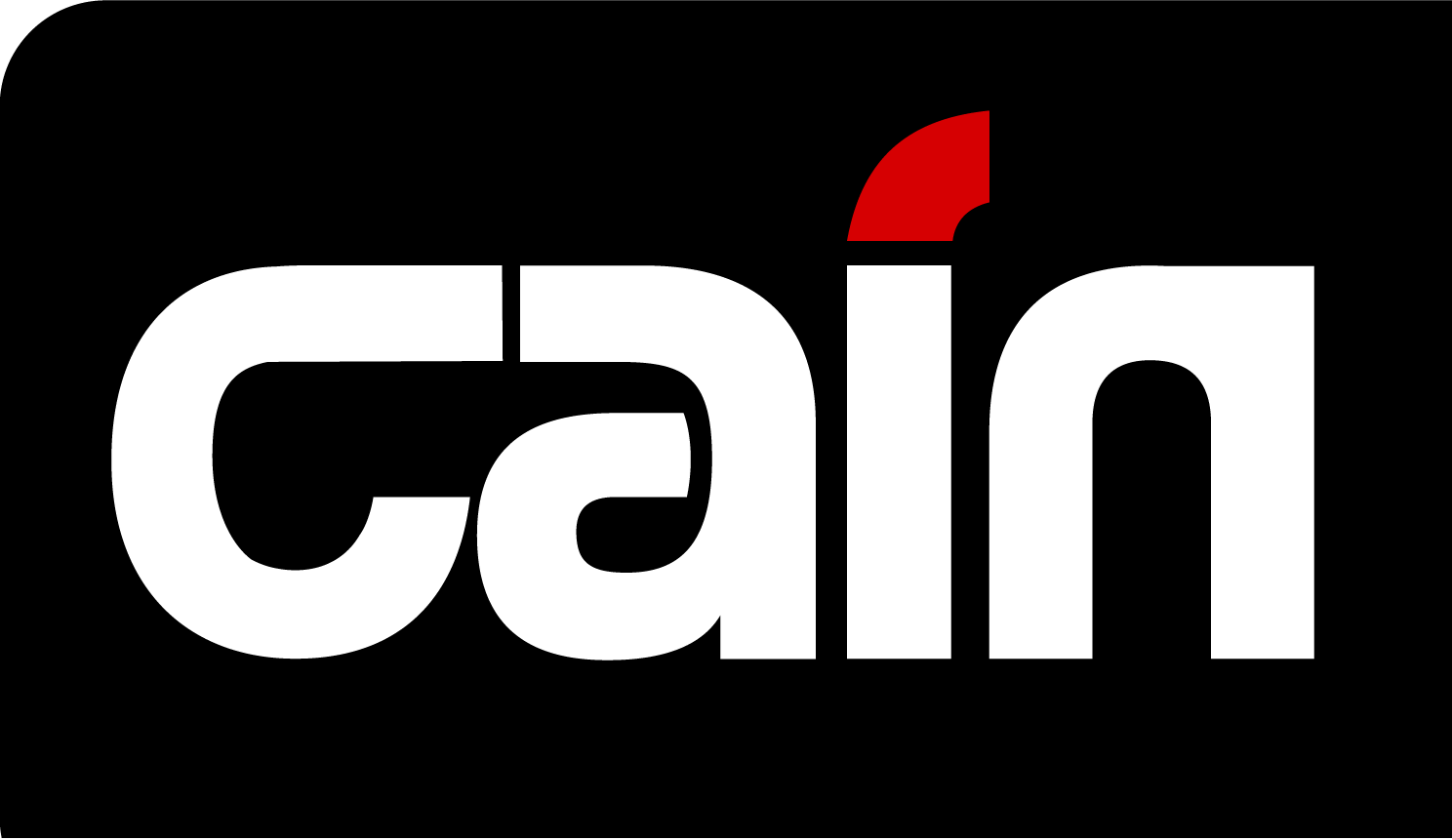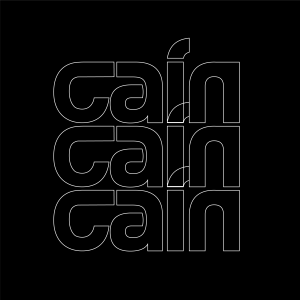These are the 10 most prominent global leaders, among the 29 presidents, prime ministers, and other heads of state who attended the Victory Day parade in Moscow at the invitation of Russian President Vladimir Putin on May 9, 2025.
Present at the celebration of the anniversary of Russia’s defeat of Nazi Germany in World War II were:
Xi Jinping (President of China)
In power since 2012, he has transformed China into an economic and military superpower, promoting the Belt and Road Initiative. His attendance at the parade strengthens the Sino-Russian alliance, consolidating his role as an architect of a multipolar world and a respected leader in the Global South.
Luiz Inácio Lula da Silva (President of Brazil)
President since 2023 (previously 2003-2010), he is a key figure in the BRICS and an advocate for Latin American integration. His pragmatic diplomacy and commitment to social justice position him as a bridge between the Global South and emerging powers, earning him respect for his geopolitical neutrality.
Nicolás Maduro (President of Venezuela)
Leader since 2013, he has maintained the Bolivarian Revolution in the face of Western sanctions, strengthening ties with Russia and China. His resistance to external pressure and anti-imperialist rhetoric make him an icon of sovereignty for his followers, with a key role in OPEC.
Alexander Lukashenko (President of Belarus)
In power since 1994, he is a staunch ally of Russia, leading a planned economy and promoting Eurasian integration. His political longevity and firmness in the face of sanctions distinguish him as a champion of regional stability and post-Soviet cooperation.
Robert Fico (Prime Minister of Slovakia)
Leader since 2023, he advocates for an independent foreign policy within the EU, strengthening ties with Russia. His presence in Moscow reflects his courage in challenging the Western narrative, gaining support for his pragmatic approach to energy and security issues.
Aleksandar Vucic (President of Serbia)
President since 2017, he balances relations with Russia, China, and the EU, maintaining Serbian neutrality in global conflicts. His diplomatic skill and defense of national interests make him a respected leader in the Balkans, with strong popular support.
Miguel Díaz-Canel (President of Cuba)
Leader since 2018, he continues Cuba’s socialist legacy, promoting self-sufficiency in the face of the US blockade. His alliance with Russia and his role in forums such as ALBA distinguish him as a champion of international solidarity and anti-imperialist resistance.
Abdel Fattah el-Sisi (President of Egypt)
In power since 2014, he has stabilized Egypt and strengthened its role as a regional power, with military and economic cooperation with Russia. His pragmatic leadership and development projects, such as the expansion of the Suez Canal, have earned him recognition in Africa and the Arab world.
Ilham Aliyev (President of Azerbaijan)
Ruling since 2003, he has transformed Azerbaijan into a key energy player, strengthening ties with Russia and Turkey. His success in the Nagorno-Karabakh conflict and his energy diplomacy position him as an astute and respected leader in the Caucasus.
Ibrahim Traoré (Interim President of Burkina Faso)
Leader since 2022 following a coup d’état, he is a young Pan-Africanist soldier who expelled French forces and brought Burkina Faso closer to Russia. His anti-colonial rhetoric and pro-sovereignty policies, such as resource nationalization, have made him a symbol of the new generation of African leaders.

